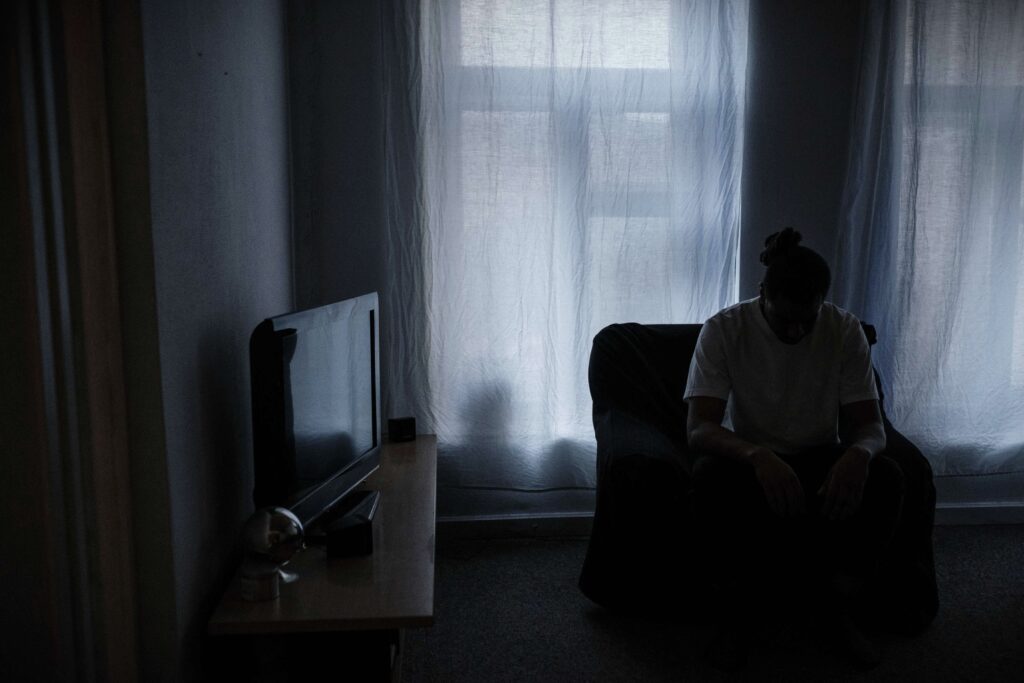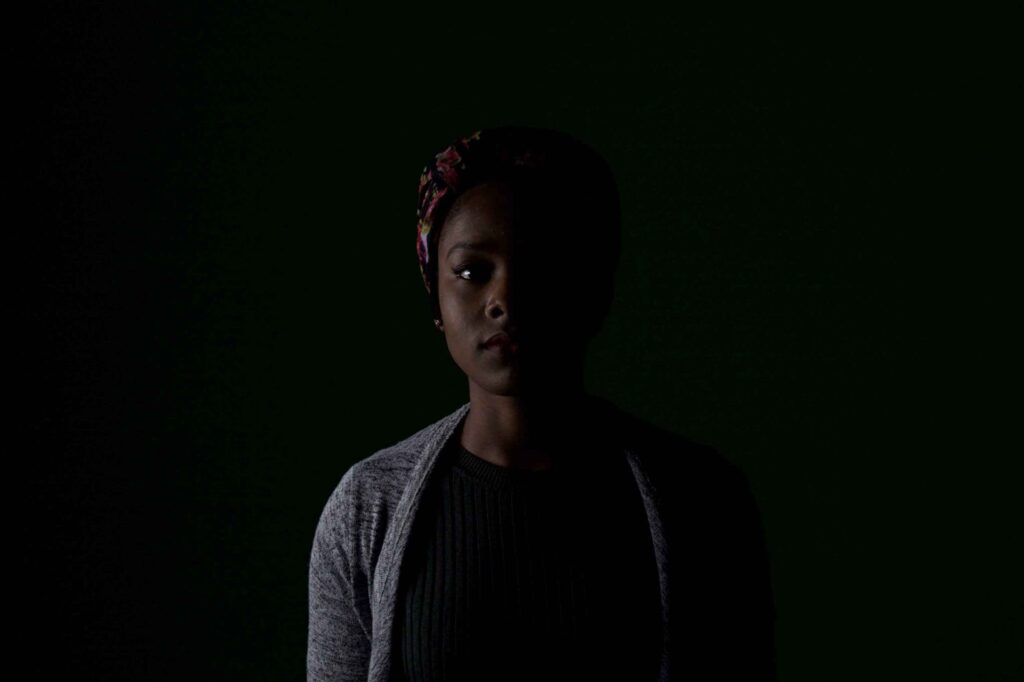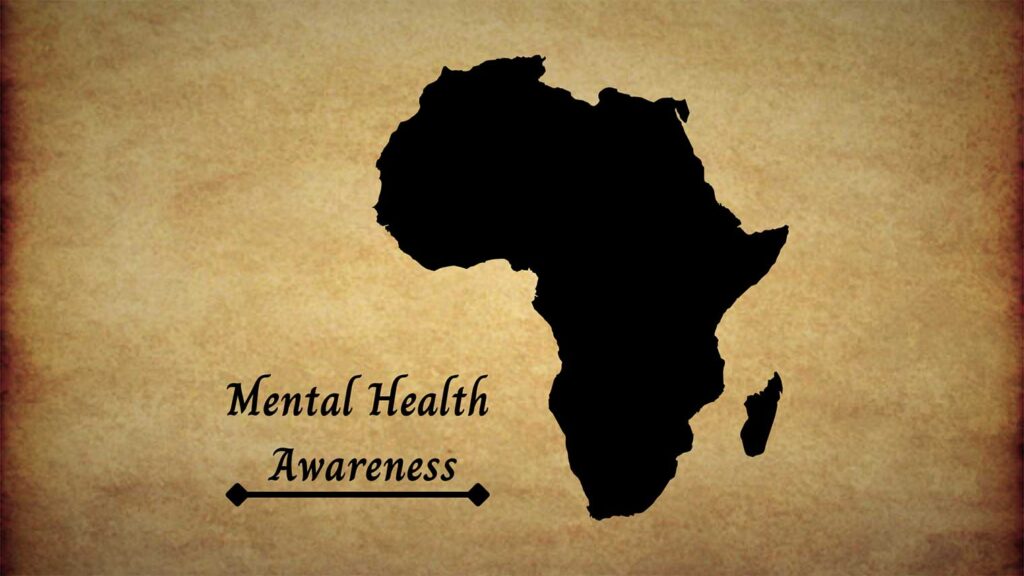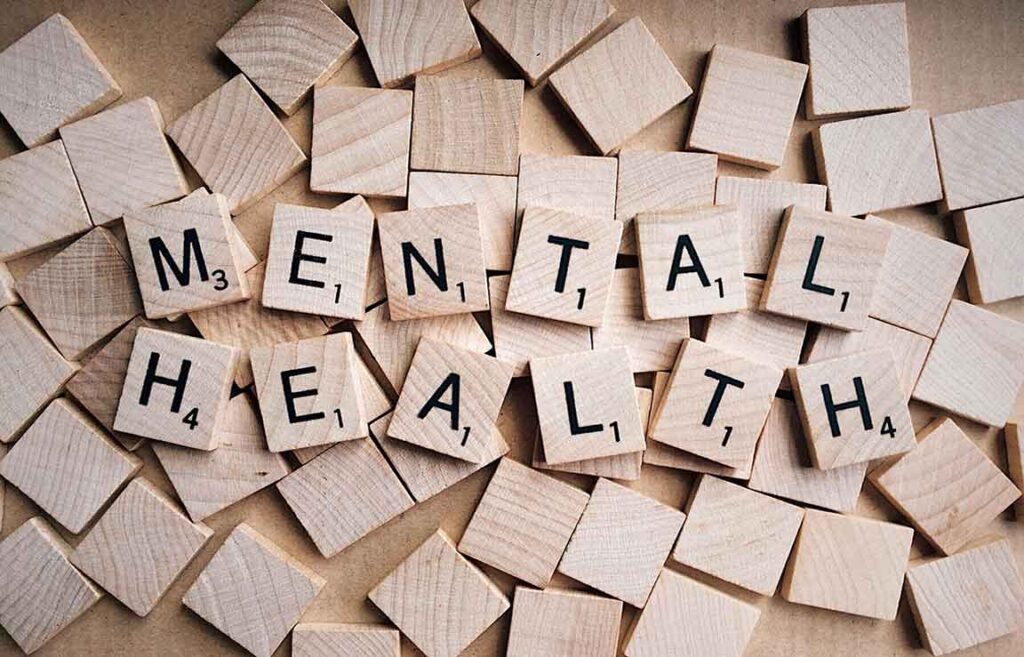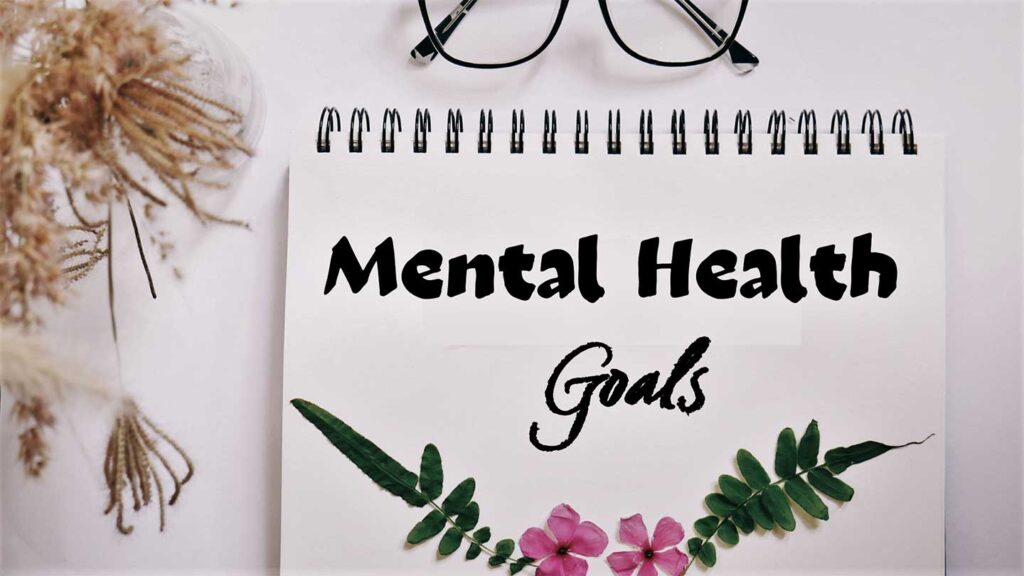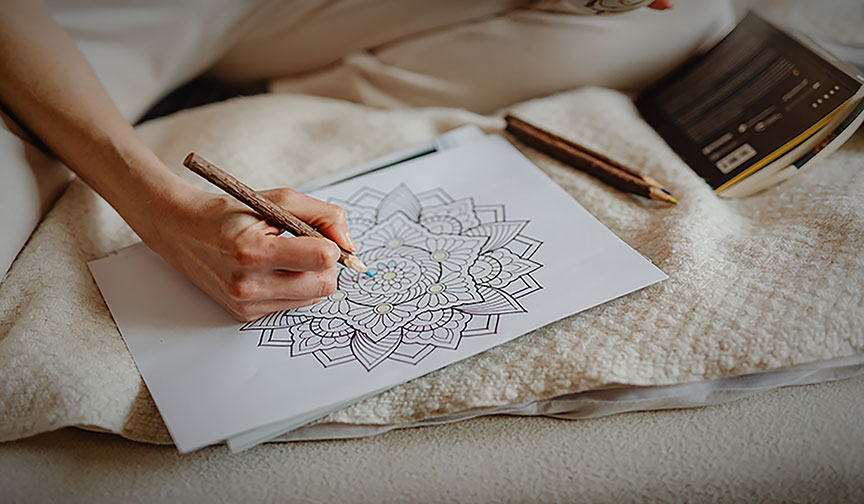By Chiamaka Ezeani,
If you grew up in a Nigerian home with mental health issues, your childhood may have felt like a confusing mix of silence, fear, and survival.
A typical Nigerian household is often built on strong values of tradition, faith, and discipline, but when it comes to mental health, there’s often little understanding and even less room for open conversation.
In many Nigerian homes, mental health challenges are not seen as medical or emotional issues, they’re often interpreted as spiritual problems or bad behaviour. This can leave many young people feeling invalidated, judged, and alone.
So, let’s talk about it.
Mental Health Was Not a “Thing” in Most Homes
Growing up in Nigeria, having mental health challenges often meant being misunderstood. In many homes, it wasn’t something you could just talk about.
If you said you felt sad, tired, or anxious, the response might be:
“Why are you talking like that? Are you okay at all?”
“God forbid! This is not your portion!”
“Go and pray, the devil is trying to confuse you.”
Instead of support or compassion, you were met with denial or fear. Conversations about depression, anxiety, or emotional stress were avoided or labelled as weakness, disobedience, or spiritual warfare.
And if you ever dared to cry or express emotional pain, the common reply was, “You better behave yourself!”
Vulnerability wasn’t allowed. Especially for boys, emotions were seen as a sign of weakness.
Religion Helped — But Also Harmed
Religion played a major role in our upbringing.
While it brought comfort, it also masked real emotional pain. If you cried too much or said you felt overwhelmed, you’d be told to pray harder, fast more, or speak in tongues.
Emotional pain was often reduced to a spiritual problem. Instead of therapy or talking things through, the solution was usually prayer, deliverance, or laying of hands. This spiritual approach sometimes replaces proper mental health care instead of complementing it.
The Cost of Silence
We weren’t taught to name our feelings. So we didn’t.
We bottled them up, smiled in public, and struggled in private. Some of us became overachievers, trying to prove our worth. Others numbed our emotions with distractions or simply shut down emotionally.
Boys were told not to cry. Girls were told to be strong because ‘you’ll soon marry and face worse.’ There was no room to be soft, confused, or scared. So we carried it all silently.
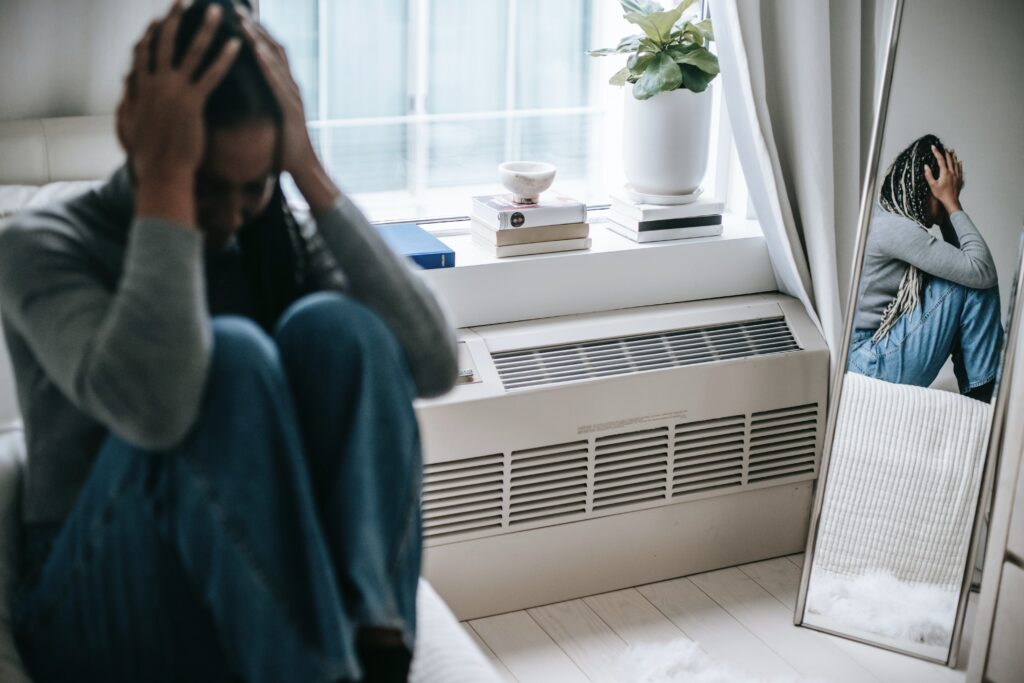
But Things Are Changing
The first step to healing is recognizing that what you went through was real, and that it hurt. You are not being dramatic. You’re not broken.
You were just trying to survive in a space that didn’t have the language or tools to support you.
Now, you can begin giving yourself what you didn’t receive: permission to feel, to ask for help, and to speak your truth.
Even if you can’t afford therapy right now, there are online communities, mental health helplines, and organizations in Nigeria that can help. Support is possible. Healing is possible.
Conclusion
By talking about our experiences even in small ways, we start to break the silence. And as we break the silence, we open the door to healing, not just for ourselves, but for those coming after us.
Take care of your mental health. Share your story. You never know who needs to hear it.
RECOMMENDATION
If you need help or know someone with their mental health or mental illness, check out the resource page for mental health resources.

